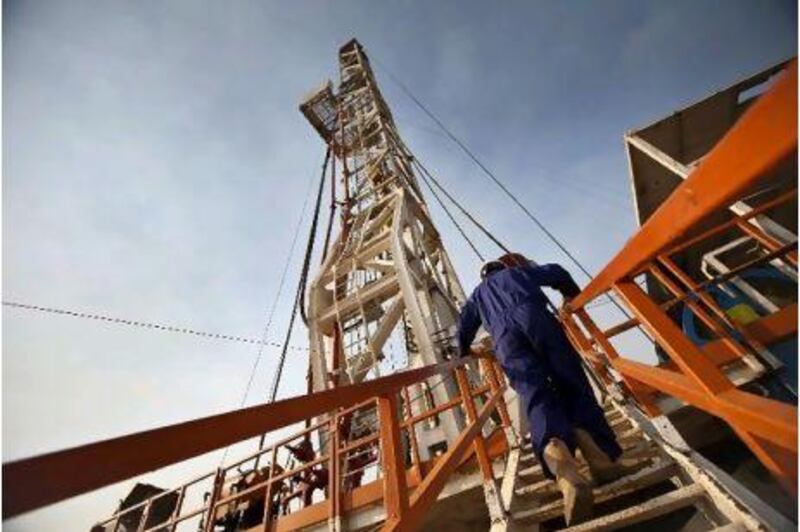OPEC has left its output target unchanged in a widely expected decision shaped by cautious views on next year's outlook for global oil demand, it said at a meeting in Equador.
"Having reviewed the oil market outlook, including the overall demand/supply projections for the year 2011, the conference observed that the increase in the annual average oil demand in 2011 is likely to be lower than in 2010," the group said in a statement after Saturday's meeting of members in Quito, Ecuador.
"This expectation of lower demand growth is coupled with challenging risks to the fragile global economic recovery, including the adverse effect of possible currency conflicts and the fears of a second banking crisis in Europe [all of which would subdue oil demand]," it continued.
With the members of the Organisation for Economic Co-operation and Development still facing lower industrial output, slow growth in private consumption and high unemployment, "the conference agreed to maintain current oil production levels", OPEC said.
The decision leaves the output target of the organisation, which controls 40 per cent of world oil supplies, at the same level as two years ago when, at a December 2008 meeting in Algeria, OPEC cut a record 4.2 million barrels of production from its members' combined quotas as it sought to stabilise crude prices.
Oil was then nearing the bottom of a five-month price slide to below US$34 a barrel from its record high of $147 a barrel the previous July. Since then, crude has rallied, rising above $90 a barrel last week - its highest in two years.
OPEC's inaction in the face of higher oil prices also underscores a new rift emerging between the 12-member group of oil exporters and the International Energy Agency (IEA), based in Paris, which advises 28 industrialised nations on energy issues.
On Friday, the IEA presented a bullish economic outlook for next year and beyond. It predicted a strong upswing in oil demand over the next four years from a higher than previously expected base, driven by surging demand for transport fuels in China and other Asian countries.
Notably absent from OPEC's statement was any mention of Asian economic strength, rising energy consumption in the Middle East, or concern that high crude prices could slow economic recovery. This may point to emerging differences within the group.
In the weeks before the meeting, Venezuela, Iran and Libya said $100 a barrel would be a "fair" price. Gulf producers including Saudi Arabia and the UAE said they were more comfortable with crude in the $70 to $80 range it had maintained for much of this year.
Despite its apparent lack of agreement on what constituted a "fair" price, OPEC nevertheless publicly affirmed its commitment to "providing an economic and regular supply of petroleum to consuming nations whilst stabilising the market and realising the organisation's objective of maintaining crude oil prices at fair and equitable levels".





